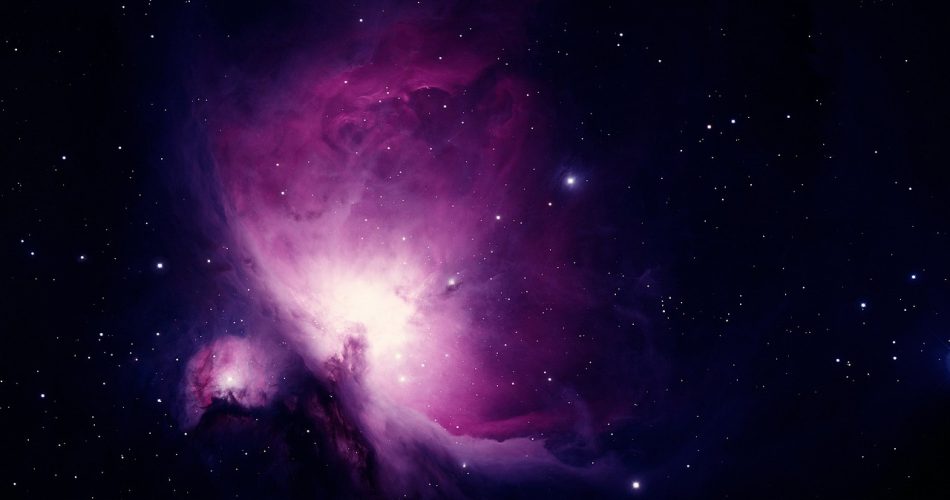
This Text was taken from one of our customers book (We have removed names to maintain confidentiality).
The whole idea of this blog post is to show our readers the intricacy and quality that our authors go into when creating a book.
Authoring Team
- Saad Hussain
- Kathy Rolland
- Zakaria Williams
- Lucy Wilson
Book Details
Our customer purchased a paperback version of Why? Finding your true purpose in life
Customer ID: M***** He****** (6294)
Author Focus: Helping develop a clear sense of purpose in life
Book Orientation: Motivation/Philosophical
Books goal: Be inspired to take action towards living a more meaningful life.
* The customer case study has been hidden due to confidentiality reasons.
Author meeting notes: (confidential) The customer did not want their author meeting notes to be uploaded.
The Extract
*This extract is discussing the trade-off between freedom and stability in modern-day life and explores the idea that society imposes a pre-determined path for individuals to follow in order to survive. It questions how one can truly enjoy the passage of time when constrained by societal expectations
Chapter Title:
“The Hidden Chain: Breaking Free from Societal Expectations and Overcoming Subconscious Suffering”
Modern day life has traded freedom for stability, our existence is characterised by a pre-set path that each human must follow in order to survive in this common reality. Its pattern follows a typical story arc of (1)Birth- (2)Education- (3)Work – (4)Death. How is it we can enjoy the passage of time if society has laid out a pre-defined route in which we must abide? It seems logical to assume that the only way we as humans can be happy is to break away from these societal chains and forge an existence in our own image; as opposed to that of what is expected from us by others. But that involves us developing negative qualities such as selfishness, as we must put ourselves first in all situations; but isn’t this counter intuitive to creating happiness and therefore reaching an understanding of our being?
The biggest hinderance to achieving freedom is that of the hidden nature of suffering, which is repressed from the world. How is it we can combat an enemy if he is hidden in the greatest prison of them all, our mind. Once we establish the fact that pain is an almost unsolvable problem due to it lurking in our subconscious thought, it allows for us to assume that suffering is inevitable. Humans principal instinct is that of self-preservation, which on a biological level means to protect us from bodily harm, however, this doesn’t seem to include emotional protection from the turbulence of life. The biological order of evolution devised methods to ensure our physical survival but left our spiritual wellbeing to the vices of man. It had hoped to create unity through separation; as every human was instinctively alone on a psychic basis, therefore, we needed a method to communicate our emotional struggle, that allowed for the cohesion and collectiveness of societal bonding. Consequently, the medium of language was born. Through this development humans were able to share their burdens with kinfolk, create plans and rejoice in everyday life; but just as language gave a voice, it also took away the true expression of oneself. Anyone who’s opinion differed to that of the conformist ideal, had to banish their voice to the deep recesses of their mind; an area where only thought lived. This repressed area of personality, that is unobservable to the real world is a true definition of individual character; a place where someone can unapologetically be at home and take up any identity they choose. It is clear to see why all the problems in society manifest in the subconscious thought of man, as this area of behaviour is unseen, resulting in zero regulation. In the observable world any problem that can be visualised, can also be solved through regulation; For example, let us look into the legal age of smoking. It is because governments can physically observe the action and correlate the negative effects to the consumption of cigarettes, we are able to regulate this industry for the benefit of society. However, on the other hand, how is it possible to implement strategies that solve the dysfunction of our minds, when this phenomenon is unobservable and therefore unregulated? The answer may lie in……… (continued in book)
